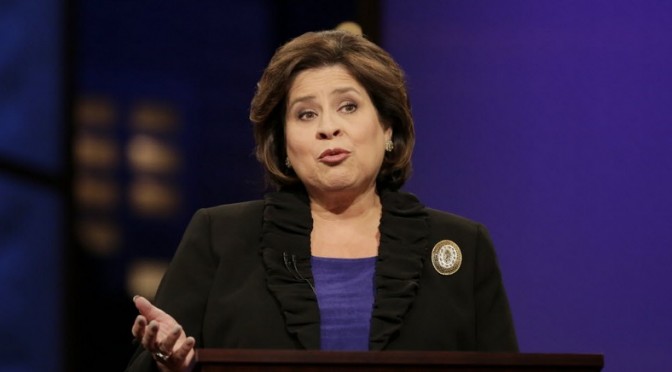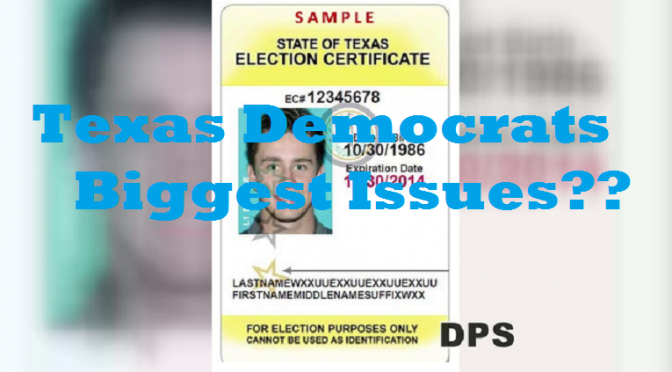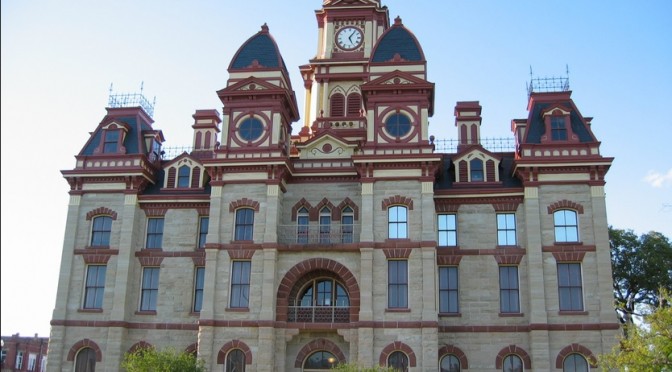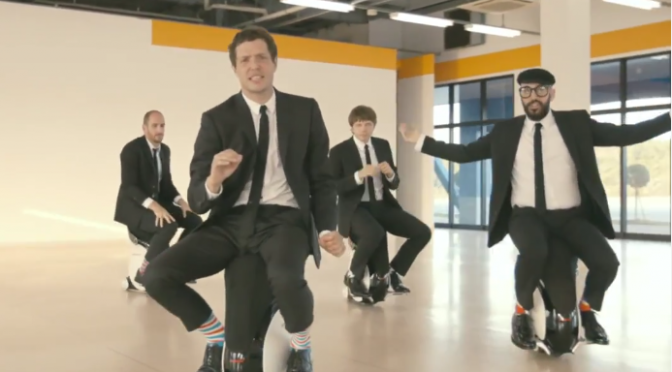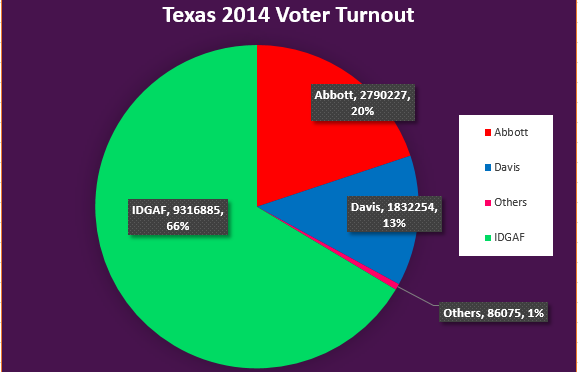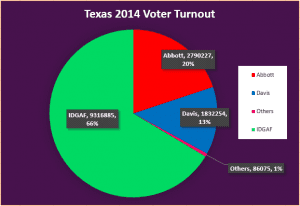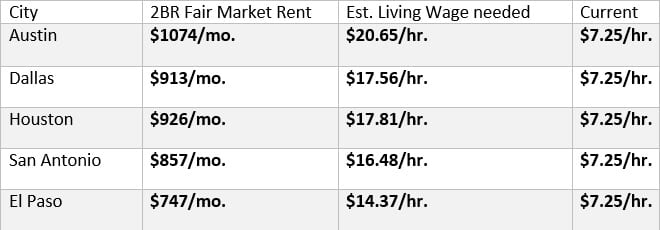Though the dust hasn’t even begun to settle on 2014’s contest, it’s pretty amazing how one tweet can set off a whole new political firestorm. But such was the case this week in San Antonio, where a recently defeated Democrat is proving that she still has plenty of political clout. Here’s what’s going on from the Houston Chronicle, via AP…
SAN ANTONIO (AP) — Democrat Leticia Van de Putte says she will likely decide next week whether to leave the Texas Senate and run for San Antonio mayor.
Van de Putte said Monday she has long admired her local government and praised former Mayor Julian Castro, who gave the office a higher profile as an up-and-coming Democrat.
Van de Putte spent the past year running for lieutenant governor but lost badly to Republican state Sen. Dan Patrick.
Others are already eyeballing Van de Putte’s seat. Democratic state Rep. Trey Martinez Fischer says he will give serious consideration to make a run at the upper chamber if Van de Putte steps down.
Van de Putte says she is focusing this week on a charity event in honor of her late grandson who died last year.
Along with Martinez Fischer, fellow State Rep Jose Menendez is also closely vying for the possible Senate seat. Further complicating matters is Rep. Mike Villarreal, who officially declared his race for Mayor and resigned from the Legislature within days of the November results being read. Van de Putte jumping in would pose a serious challenge to his hopes of being the Alamo City’s top elected official.
Two paths to consider here… what’s best for the Senate, and what’s best for Leticia Van de Putte. Given that the person on the Dais was her opponent for this election season, it’s understandable why Van de Putte may not feel welcome at the Capitol for the upcoming legislative session. But that aside, losing the experienced state Senator means that we also lose an important bipartisan voice in the state. Again, that assumes that she’d be welcome in the first place with the new leadership in town.
What’s best for Van de Putte? It’s true that she lost her campaign for Lieutenant Governor. But what she gained is a massive improvement in stature and name ID, and has risen to the top ranks among all Texas Democrats. The nonpartisan City Council, where Van de Putte could actually set the legislative agenda and get things passed seems a much better position to launch another statewide run than suffering under a boastful Lieutenant Governor in Austin. It’s unlikely at this point that much in the way of bipartisan cooperation is going to be achieved anyway.
By any account, it’s a tough choice given the grueling months the whole Van de Putte family just spent on the campaign trail. Though we don’t know her next role, at least this much is clear… we’re not even close to Leticia Van de Putte’s finale in Texas politics.
Texpatriate and Off the Kuff have more.
